
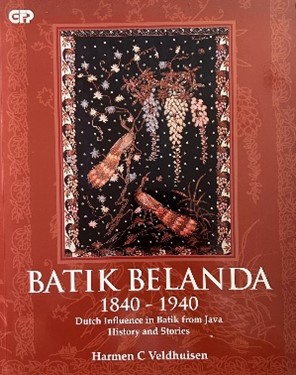
Author: Harmen C. Veldhuisen, 2007. Second edition. 156pg. (English)
Publisher: Gaya Favorit Press, Jakarta
This volume decisively examines the kain panjang and sarong, focusing on the significant rise of the commercial batik industry. It elucidates the contributions of early Indo-European manufacturers from 1840 to 1860, prominently featuring Carolina van Franquemont and van Oosterom. The text highlights a robust revival of the industry from 1860 to 1880, culminating in a peak period of prosperity from 1890 to 1910. The book rigorously analyzes Chinese batik producers in Pekalongan, European manufactories in Yogyakarta and Solo, as well as Dutch influences on principality batiks and solutions provided by Indo-European producers. It ultimately addresses the decline of the batik industry. This work stands as an essential reference for scholars, providing an authoritative perspective on the art from the mid-19th to early 20th century.
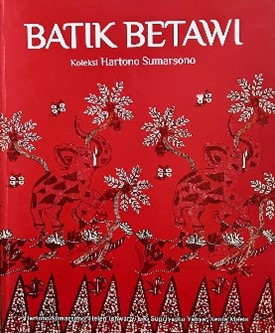
Author: Hartono Sumarsono et al. 2017. 252pg. (Indonesian)
Publisher: Kepustakaan Populer Gramedia, Jakarta
Batik Betawi explores the history of Batavia, now Jakarta, and the Betawi people's creation of stamped batik from lower-quality white cotton, which lacks distinct characteristics. In Jakarta, batik is seen as a commodity, leading to quick shifts in production based on sales. Initially, batikers from Pekalongan and Cirebon influenced the motifs, resulting in similarities with northern Central Java batiks. The book offers new insights for batik enthusiasts, highlighting lesser-known aspects of this unique style.
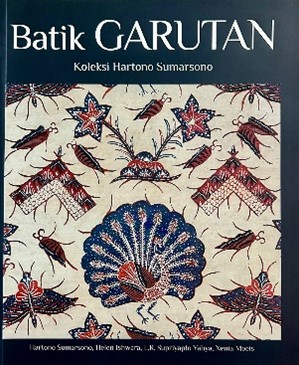
Author: Hartono Sumarsono, 2016. 262pg. (Indonesian)
Publisher: Kepustakaan Populer Gramedia, Jakarta
Garut is a town located in the highlands of West Java. This book showcases the observations of a passionate collector and entrepreneur, featuring intriguing old images from West Java. The collection consists of 300 hand-drawn pieces spanning from the 1930s to the 1970s. The author presents the contents of the book from the perspective of a collector, rather than an academic viewpoint. His primary concern is to preserve these beautiful pieces before they are lost to time.
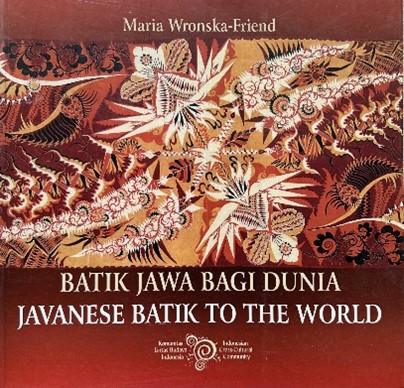
Author: Maria Wronska-Friend, 2016. 235pg. (Indonesian and English)
Publisher: Komunitas Lintas Budaya Indonesia (Indonesian Cross-Cultural Community)
The book showcases the global influence of Javanese batik. It features discussions and images of batik in Europe, Africa, India, and Australia, highlighting fascinating cross-cultural connections among various countries and societies.
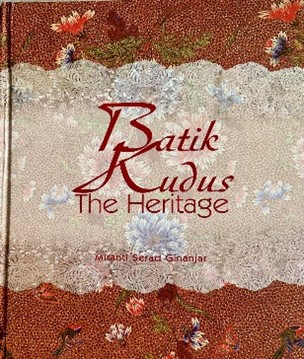
Author: Miranti Serad Ginanjar. 2015. 272 pg. (in Indonesian and English)
Publisher: Hastabrata Nawala Kencana, Jakarta
The book showcases a selection of the rarest and finest batiks produced in Kudus, famous for their unique and intricate patterns, aiming to document and preserve this heritage.
Page 4 of 37